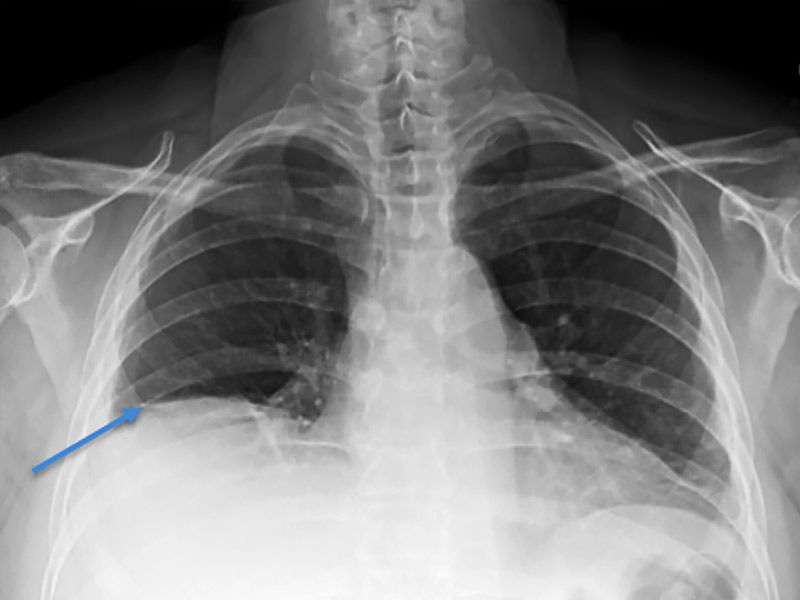winter allergies are frequently brought on by exposure to allergens indoors. People who spend more time indoors, particularly in places with poor ventilation, may be more exposed to these allergens, which could lead to the development of winter allergy symptoms.

The symptoms are comparable to those of other seasonal allergies, and in some cases they can even be mistaken for a cold. People can manage their winter allergies with a few simple lifestyle adjustments and medical support.
What might be the source of allergies in the winter?
Allergies in the spring, summer, and autumn are seasonal, meaning they manifest during times when specific allergens, like ragweed or tree pollen, are more prevalent in the atmosphere.

Season has less of an impact on winter allergies than lifestyle does. This is a result of the majority of wintertime allergens being indoors. Spending more time indoors, particularly in poorly ventilated areas, increases the likelihood that someone may experience winter allergies.
The following are the most typical causes of winter allergies:
mould spores dust mites, dander, dust, and cockroaches, including their droppings and shells

In extremely warm climates, plants might keep releasing allergens all winter long. For a large portion of the year, residents in these climates may have trouble with ragweed or pollen.
Winter allergies indoors are very common. For instance, up to 1 in 4 persons in industrialised areas suffer from dust mite allergies.
Colds versus winter allergies
The symptoms of winter and cold allergies can be extremely similar, making it challenging to tell one from the other.
Allergies can strike at any age, and they can even resurface years after years without a reaction to the same substances in the same home. It’s not always the case that symptoms are due to a cold just because someone has never had allergies before.

It is typically allergies that cause symptoms that persist for more than a few weeks. If the patient has not previously experienced any allergies, symptoms that develop out of the blue after weeks or months spent in the same house could be the result of a cold.
The course of treatment for winter allergies is determined by the patient’s symptoms and the severity of the allergies.
While some people may benefit from reducing their exposure to allergens through preventative measures, others may require medical attention. Among them are:
Medication
Certain drugs, like nasal steroids, over-the-counter antihistamines, and prescription drugs, may help reduce symptoms.
Immunotherapy
In order to lessen the severity of an allergic reaction, a person is gradually exposed to progressively smaller amounts of an allergen. Typically, this entails receiving allergy shots.
Also read: 5 Incredible Benefits of Consuming Garlic
Nasal rinses
According to some users, using neti pots and nasal sprays can help keep the nasal passages free of allergens, which lessens the intensity of allergic reactions.
Treatment for asthma
Handling asthma symptoms can lessen how severe allergies get. This might necessitate changing one’s lifestyle, using an inhaler, or taking medication.

























